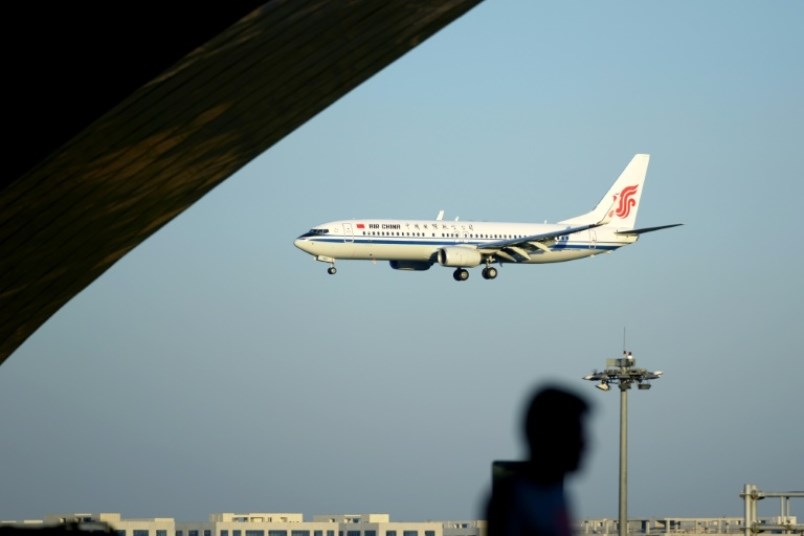As Chinese New Year approaches, Vancouver Airport is one of several keeping a close eye on the spread of the coronavirus disease across Asia.
The Chinese government confirmed over the weekend that human-to-human transmissions of “coronavirus” – which is similar to the deadly SARS virus - have been found.
U.S. authorities said last week they would start screening at three airports — New York City's JFK, San Francisco International and LAX — for symptoms in travellers arriving via direct or connecting flights from the Chinese city of Wuhan, where the virus is believed to have started.
In total, 62 cases of coronavirus have been identified in Wuhan, where 19 of those patients have been discharged from hospital.
However, two men in their 60s — one with severe pre-existing conditions — have died from the illness.
The Canada Border Services Agency (CBSA) told media on Friday it will not implement extra screening measures, but is "monitoring the situation closely with our partners on both sides of the border."
The CBSA added that there are plans in progress "to implement signage" in Toronto, Vancouver and Montreal airports to raise awareness of the virus to travellers.
The agency says there are no direct flights from Wuhan to Canada.
Vancouver Airport has no direct flights from Wuhan, but does have more than a dozen daily one-stop connections through the likes of Beijing, Shanghai and Hong Kong.
Thousands of passengers are expected to be travelling between China and Vancouver Airport this week, in the run up the Lunar New Year on Saturday.
A spokesperson for YVR told the Richmond News that the situation is being handled by the federal Public Health Agency of Canada (PHAC).
The News has reached out to PHAC for further details.
The latest virus belongs in the same large family of coronaviruses that includes Severe Acute Respiratory Syndrome (SARS), which killed nearly 800 people globally during a 2002-03 outbreak, which also started in China.
Though experts say the new virus does not appear to be as lethal as SARS, there is little known about its origins and how easily it can spread.
Thailand and Japan have confirmed new cases of the virus earlier this week, stoking worries globally as many of the 1.4 billion Chinese people will travel abroad during the Lunar New Year holidays that begin next week.
The World Health Organization (WHO) has also warned that a wider outbreak is possible, though it has advised against any travel restrictions for China.
In Asia, authorities in Singapore, South Korea, Taiwan and Thailand have stepped up monitoring of passengers from Wuhan at airports. Indonesia, Malaysia and the Philippines say they have strengthened screening at all points of entry in response to the outbreak, as well.
What we know about the virus: (Source: World Health Organization)
2019-nCoV, as it's been labelled, is understood to be a new strain of coronavirus that has not previously been identified in humans
Coronaviruses are a broad family of viruses, but only six (the new one would make it seven) are known to infect people
Scientists believe an animal source is "the most likely primary source" but that some human-to-human transmission has occurred
Signs of infection include respiratory symptoms, fever, cough, shortness of breath and breathing difficulties
People are being advised to avoid "unprotected" contact with live animals, thoroughly cook meat and eggs, and avoid close contact with anyone with cold or flu-like symptoms.



